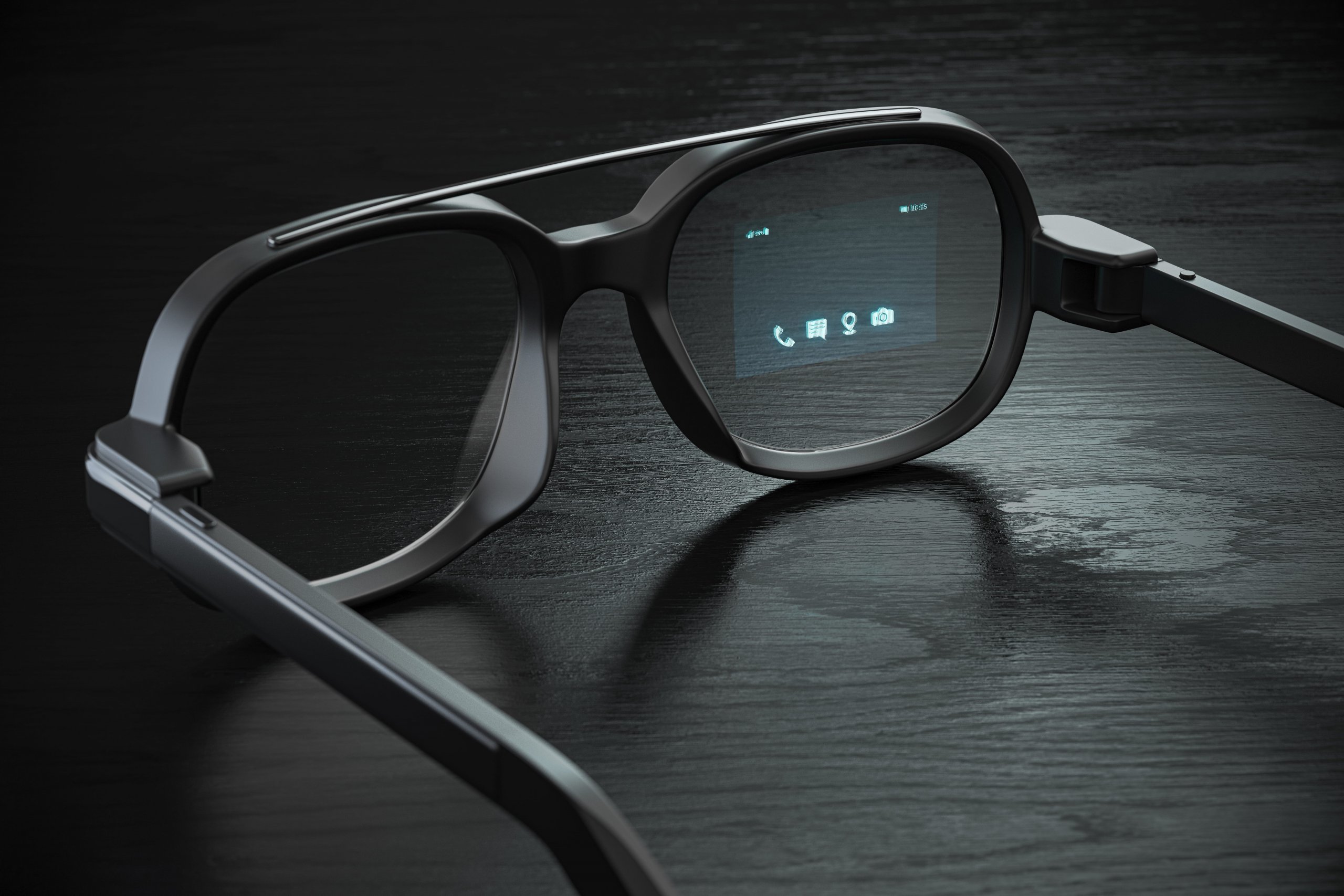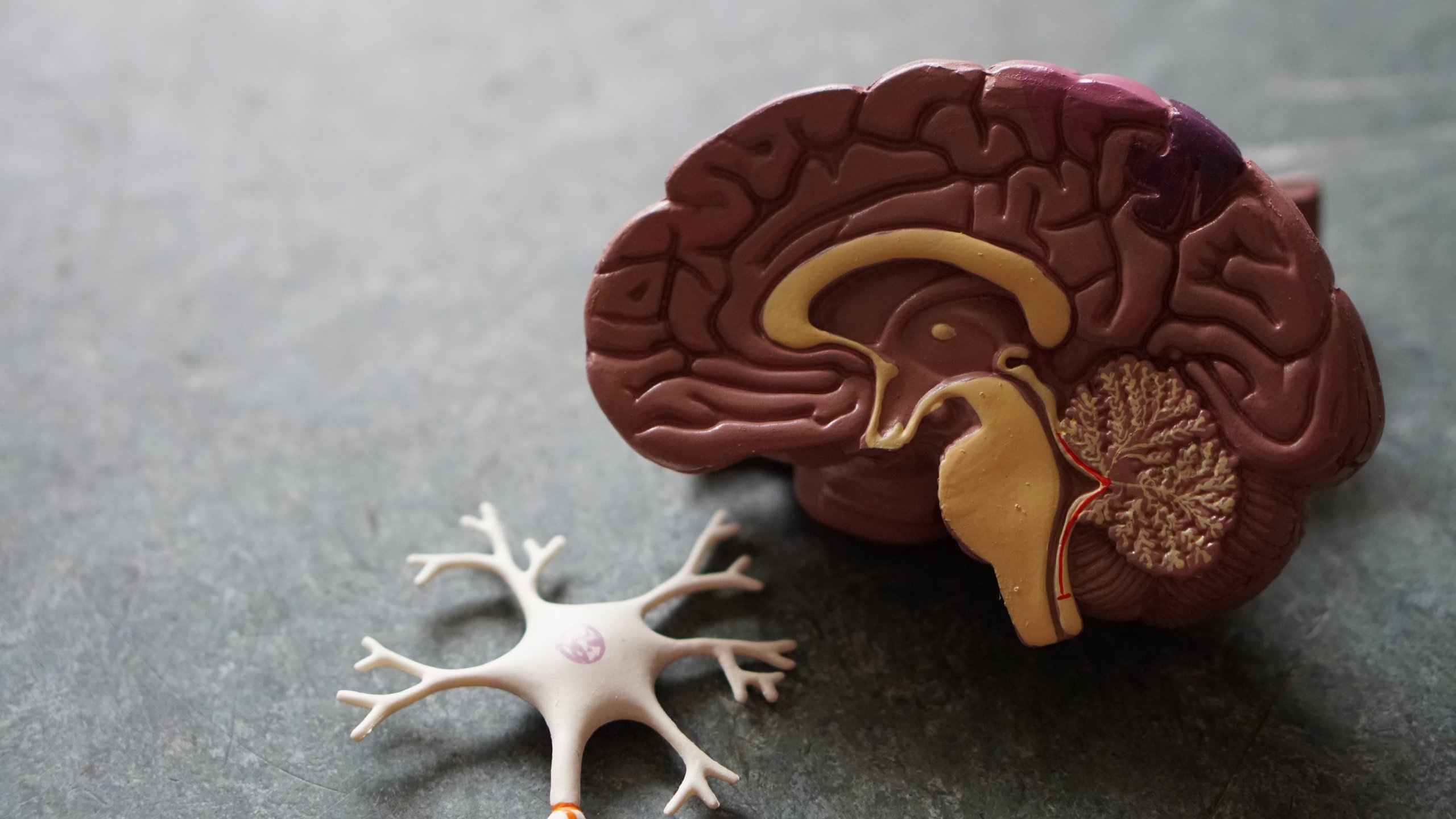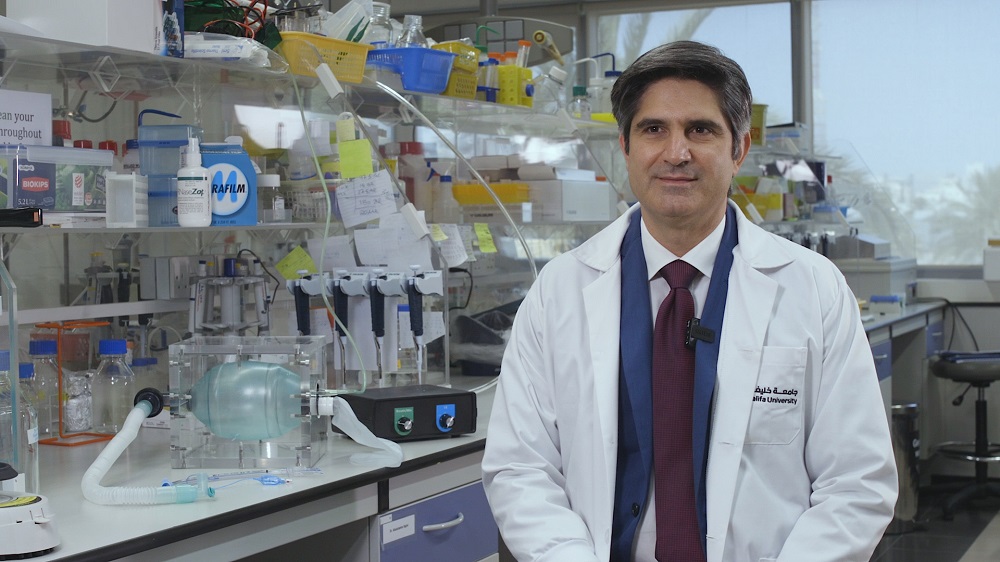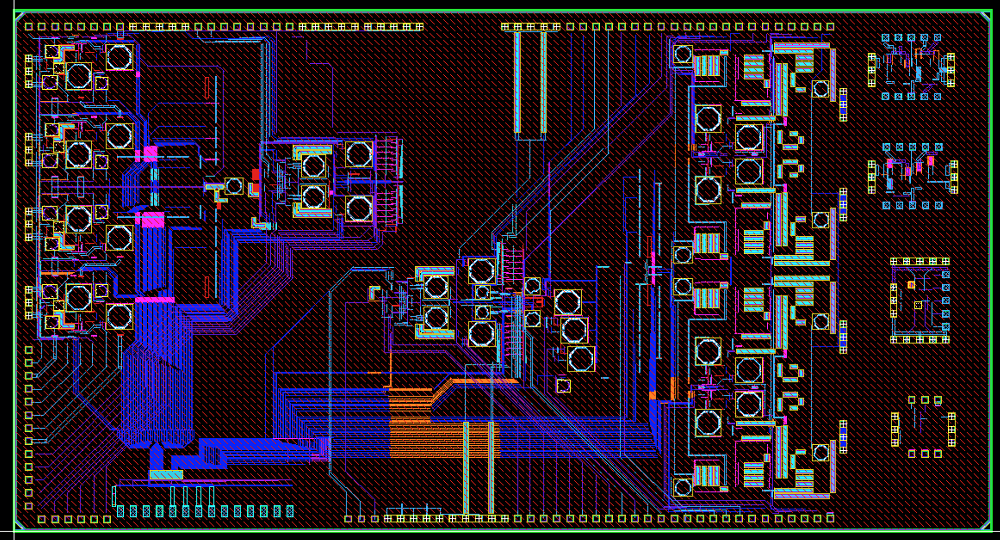Khalifa University Team Develop Smart Glasses for Dementia, Reach Next Stage in Longitude Prize on Dementia

The first MENA region team to reach the semi-finals has been awarded a grant for further development and progress to the next stage of the coveted international competition.
A team of researchers from Khalifa University has been named a semi-finalist Discovery Award winner for the Longitude Prize on Dementia. The team’s iMAGIC smart glasses solution offers assistive features including facial recognition, reminders and alerts, zooming in and out to facilitate navigation, phone calls to loved ones, and vital-sign monitoring.
The Khalifa University team is the only team from the MENA region to be selected to progress to the discovery phase of the international competition. The team, led by Prof. Mohamed Seghier, Director of the Healthcare Engineering Innovation Group, includes Prof. Leontios Hadjileontiadis, Dr. Aamna AlShehhi, Dr. Naoufel Werghi, Dr. Hamdan Hamdan, and Rayyah Alkhanjari. They collaborated with Cleveland Clinic’s Dr Eugene Achi. The grant received from the Longitude Prize on Dementia will help the team to design protypes of the smart glasses, and test the prototypes in a group of people living with dementia.
The iMAGIC smart glasses offer hands-free assistive technology to help people with dementia retain independence and regain confidence in their daily activities. It is user-friendly, safe, reliable, and personalized, and the technology can interact with other smart devices. It is based on a modular architecture, adapted to the users’ abilities, needs, and caregivers’ recommendations.
The glasses offer augmented capabilities as multiple on-demand modules: a recognition system for familiar faces and QR-labelled objects; an alarm or reminder system; a GPS-enabled tracker; zoom in and zoom out to facilitate navigation; a gyroscope and accelerometer for activity and fall-risk monitoring; safe connection with smart phones to initiate calls to frequently dialed numbers; and monitoring of vital signs including heartrate, body temperature, and hours of sleep.
“Our solution has high modularity and interoperability, meaning it can also safely interact with frequently used devices, such as smartphones, smartwatches, and smart TVs,” Prof. Seghier said. “Our current design incorporates seven modules, and one of the most useful is the possibility to recognize familiar faces and objects. This could be extremely useful for patients because one of the first symptoms of dementia is difficulty with finding the right word.”
Funded by the Alzheimer’s Society, a leading UK dementia charity, and by the UK innovation agency Innovate UK, the Longitude Prize on Dementia drives the co-creation of personalized technologies to help people living with dementia enjoy independent and fulfilled lives.
Dementia is caused by diseases that affect the brain with symptoms including memory loss, confusion, problems with words and comprehension, and a need for assistance in everyday living. It typically affects older adults. There are an estimated 46.8 million people living worldwide with dementia, with this number predicted to double every 20 years. In the UAE, Alzheimer’s disease, the most common form of dementia, currently affects around 4,500 residents, but nearly 30,000 could have it by 2030.
“Projected trends in population aging have forecasted a massive increase in the number of (affected) people, with alarming rates in the MENA region,” Prof. Seghier said. “It is important that new technologies are developed to allow people with dementia to live independently. Our main motivation was to develop a hands-free assistive device to make a difference in the lives of people with dementia. On a more personal note, some team members have relatives who are already affected by dementia, and this was another driver to start this project.”
The cognitive loss associated with dementia can cause a decline in independence, social interactions, and the ability to perform fundamental daily activities. Many people with dementia would like to retain their independence, and the Longitude Prize aims to encourage the development of technologies that can help.
The Discovery Award gave the Khalifa University team a cash grant of £80,000 to further develop their work. They will submit their technology to the next stage of the prize in 2024.
“Our ultimate goal is to develop an easy-to-use device based on a personalized-by-design pair of smart glasses to assist people with dementia to live independently for longer, while ensuring high design modularity and adaptability to meet the user’s changing abilities and needs,” Prof. Seghier said. “This requires an efficient co-design process with people with dementia to maximize utility, usefulness, and reliability. Prototypes of our smart glasses will be tested in real contexts in a group of people living with dementia in the UAE. Our future research will also explore new ways of making the smart glasses affordable to all, including to people with dementia in low-income countries.”
Jade Sterling
Science Writer
17 August 2023




